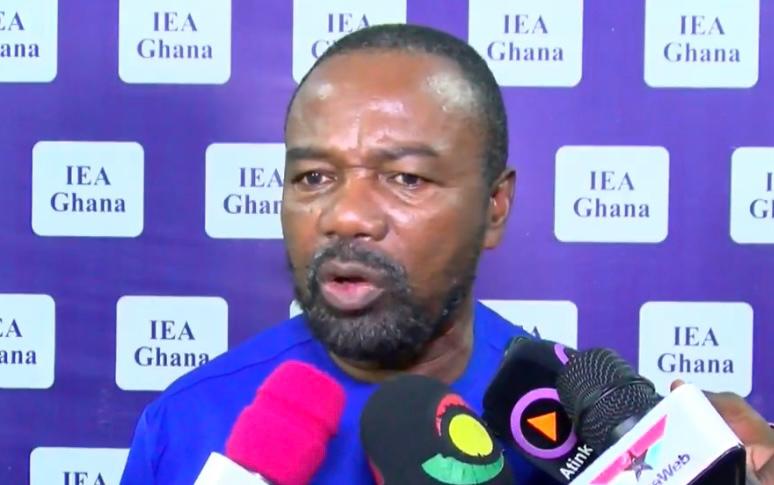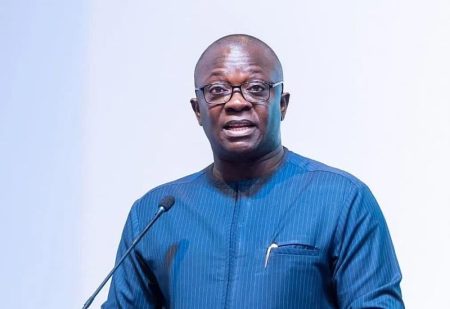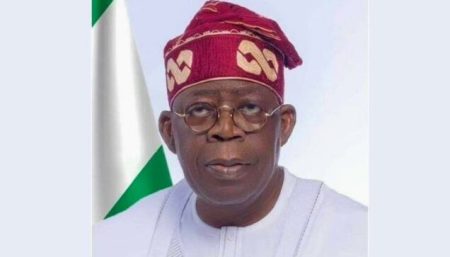The recent surge in the value of the Ghanaian Cedi, appreciating by 24.1% against the US dollar since the beginning of the year, has sparked both optimism and skepticism among economic experts. While the Bank of Ghana attributes this positive trend to robust economic fundamentals, some analysts, including Dr. Vladimir Antwi Danso, a Senior Fellow at the Institute of Economic Affairs, express reservations about the sustainability of this appreciation. Dr. Danso argues that the Cedi’s newfound strength is likely a temporary reprieve and predicts a relapse by December unless Ghana fundamentally shifts its economic structure from import dependence to an export-oriented model. He emphasizes that only a sustained focus on boosting exports can guarantee long-term currency stability, suggesting that the current appreciation is not a cause for premature celebration.
Dr. Danso’s skepticism stems from his observation that the current drivers of the Cedi’s appreciation are not necessarily indicative of a fundamental shift in the Ghanaian economy. He contends that unless the underlying economic structure, primarily characterized by reliance on imports, undergoes a transformation, the Cedi’s strength will prove ephemeral. He posits that the current spike is unlikely to be sustained in the long run without a concerted national effort to prioritize export growth. This, according to Dr. Danso, is the only path towards genuine and lasting currency stability.
Conversely, the Governor of the Bank of Ghana, Dr. Ernest Addison, presents a more optimistic outlook, crediting the Cedi’s remarkable performance to a combination of deliberate policy interventions and improving economic conditions. He highlights the central bank’s disciplined monetary policy, reforms in foreign exchange auctions, increased remittance inflows, and stricter market surveillance as the key factors contributing to the Cedi’s resurgence. Dr. Addison emphatically dismisses speculations that the central bank is artificially propping up the currency through interventions or unsustainable measures, insisting that the appreciation is entirely market-driven.
Dr. Addison further elaborates on the specific measures implemented by the Bank of Ghana to bolster the Cedi’s value. These include targeted interventions in the foreign exchange market to manage volatility, enhancements in remittance channels to facilitate inflows of foreign currency, and intensified monitoring of market activities to prevent speculative behavior and ensure fair trading practices. He emphasizes that these actions are not temporary fixes but rather components of a broader strategy aimed at fostering a stable and resilient currency. He asserts that the observed appreciation is a natural consequence of these strategic interventions alongside improving macroeconomic fundamentals.
The contrasting viewpoints highlight the ongoing debate surrounding the sustainability of the Cedi’s recent gains. While the Bank of Ghana emphasizes the role of sound economic policies and positive market dynamics, critics like Dr. Danso argue that a structural transformation towards an export-driven economy is essential for long-term currency stability. This divergence in perspectives underscores the importance of implementing comprehensive reforms that address the underlying weaknesses in Ghana’s economic structure. A transition towards increased export capacity is not merely a desirable goal but a fundamental requirement for ensuring that the Cedi’s current strength is not a fleeting moment but a sustained trend.
The crucial question remains whether the current appreciation is a reflection of genuine, sustainable improvements in Ghana’s economic fundamentals or a temporary phenomenon driven by short-term factors. The answer, as Dr. Danso suggests, hinges on Ghana’s ability to transition from its current import-dependent model to an economy that prioritizes export growth. The success of this transition, in turn, depends on a multi-pronged approach that includes investment in productive sectors, diversification of exports, and the creation of a conducive environment for businesses to thrive. Only through such a comprehensive and long-term strategy can Ghana ensure the sustained strength of its currency and avoid the relapse predicted by some analysts.














